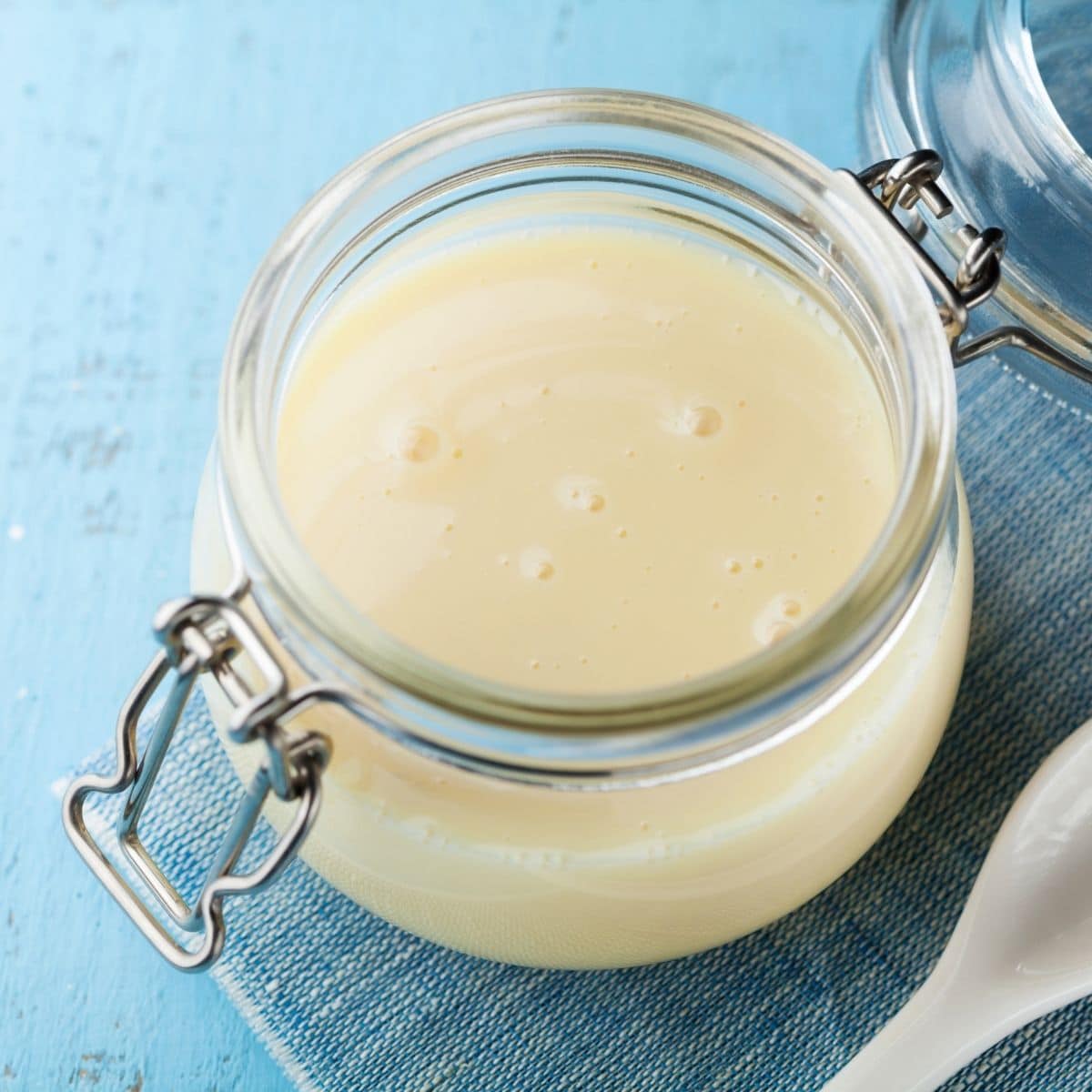You can use evaporated milk in a variety of ways. You may use it to give body to smoothies, thicken and sweeten coffee, add creaminess to soups and sauces, and replace condensed milk in desserts.

It's produced by extracting 60% of the water from milk, giving it an exceptionally creamy texture while containing just a quarter of the fat found in regular cream.
It's usually a good idea to have evaporated milk on hand in the kitchen, so you know it'll be there when you need it. Can you, however, keep the rest of a can or pack if you don't use it all?
Can you freeze evaporated milk? Yes, evaporated milk can be frozen, although it is not advised. When thawed, it may separate or curdle. Once the milk has thawed, you may use it in a recipe, but there's nothing you can do to restore the evaporated milk's natural texture.
Learn how to freeze evaporated milk and if you should freeze it to make the most of your leftovers at home by reading on!
Jump to:
How to Freeze Evaporated Milk?
Do you have a few cans of evaporated milk in your pantry? By freezing evaporated milk, you can prolong its shelf life until you're ready to use it up. However, you must first place the product in a freezer-safe container. Tins do not freeze well and are prone to bursting at low temperatures.
Punch a hole on each side of the top of the evaporated milk to allow the milk to flow freely. Fill an opaque container with evaporated milk and an airtight cover, allowing a couple of inches of space. If you want to split the evaporated milk into single-serving amounts, you can pour it into ice cube trays. Wrap cling wrap over the container and seal it with the airtight lid. After writing the storage date on the container, place it in the freezer. This freezing procedure also applies to leftover evaporated milk. All you have to do now is find a decent container for the milk.
Storage Tips for Evaporated Milk
You might not use up your supply of evaporated milk as fast if you bought it in cans to save money. Always check the expiration dates of the goods to get the most out of your supply. Choose ones that have a lengthy expiration date, such as a year. If you have older cans of evaporated milk, utilize them first before moving to the newer ones.
If the canned milk begins to leak or bulge for any reason, throw it away. Check the cans for dents, cracks, and rust; if you find any, discard them. Place freshly purchased cans of evaporated milk in a cool, dry location away from direct sunlight. To avoid rusting, keep unopened cans of evaporated milk in the cupboard or kitchen cabinet.
Treat evaporated milk the same way you would fresh milk. The milk can stay for up to 5 days in the refrigerator. However, keep the container closed since evaporated milk tends to absorb odors and tastes from the fridge.
Shelf Life and Thawing Suggestions
Evaporated milk will stay in the freezer for at least 3 months. However, for the best taste, we suggest using up your stock as soon as possible. When using frozen evaporated milk in cooking, there is no need to thaw it. However, if a recipe asks for room temperature evaporated milk, you may defrost the remaining milk in the fridge. Allow the frozen evaporated milk to thaw overnight and then set aside for a few minutes before using.





Comments
No Comments